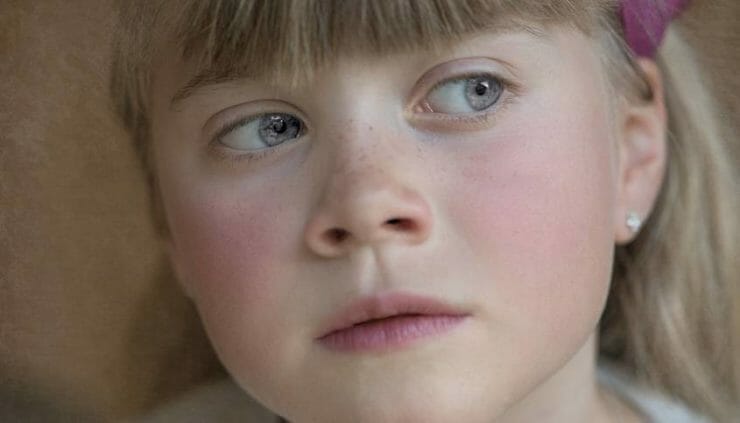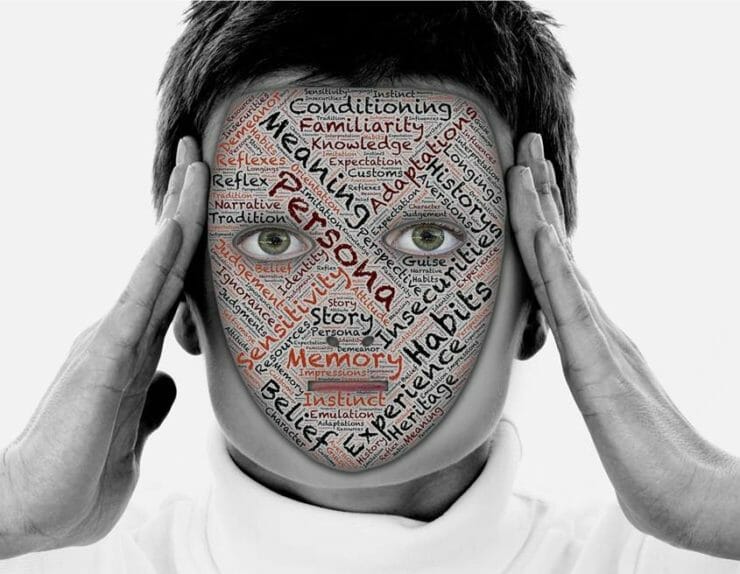
Until I studied Education, I had not questioned the education system. I do not think I’d had the tools to question it. But by the time I graduated (in Special Education), I had realized something was wrong. It was easy to see this while working with kids who were different (both gifted and those with learning difficulties).
Why?
Because special education kids did not fit into the “education box” and the school system did not cater for them. It got worse when I realized, thanks to my amazingly wonderful teachers, that the system just did not care for any of the kids, because every child is special and different in some way. The system cared for itself.
It was devastating!















